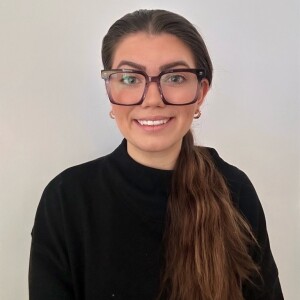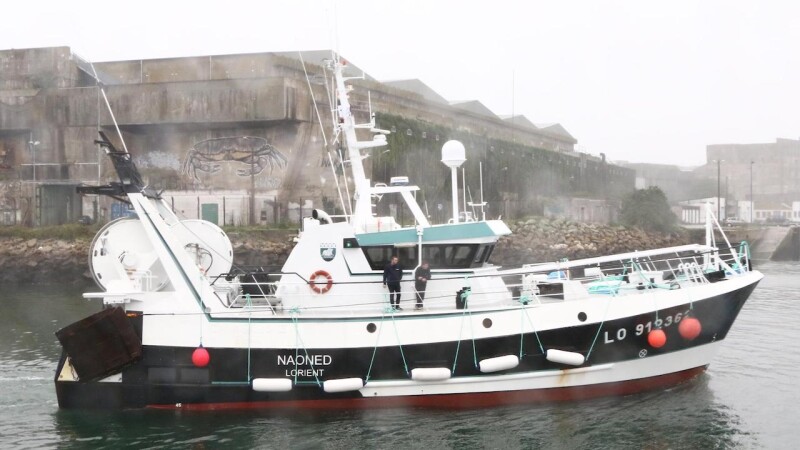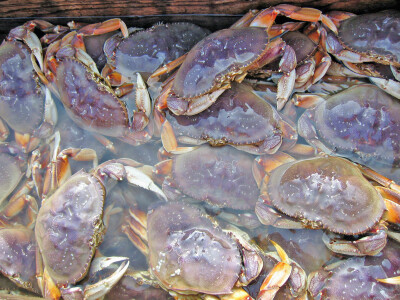A seine trawler named Naoned, which Lorient company APAK operates has been hauled out to be outfitted with sensors to measure all aspects of its fishing trips and gather data before a refit of new propulsion, battery pack, and other technology later in the year. The goal is to build a digital twin of the vessel.
A digital twin is a computer-based model that uses sensors, data, and a predictive model to help manage fishing operations. Hook and Net Mag shared that the digital twin for Naoned will allow the company to compare its current performance with the low-emission hybrid propulsion that will be fitted later this year as part of the HYBA project. The project is led by the Brittany Fisheries Committee and managed by Vectura Systems, with the involvement of Coprexma, a naval architect, and a host of other local companies.
The vessel operates in various fisheries, including pelagic and demersal trawl fishing and seine netting across the various fishing seasons. Once the data is accumulated after the refit, they can precisely compare the differences in performance between before and after and show where savings can be made.
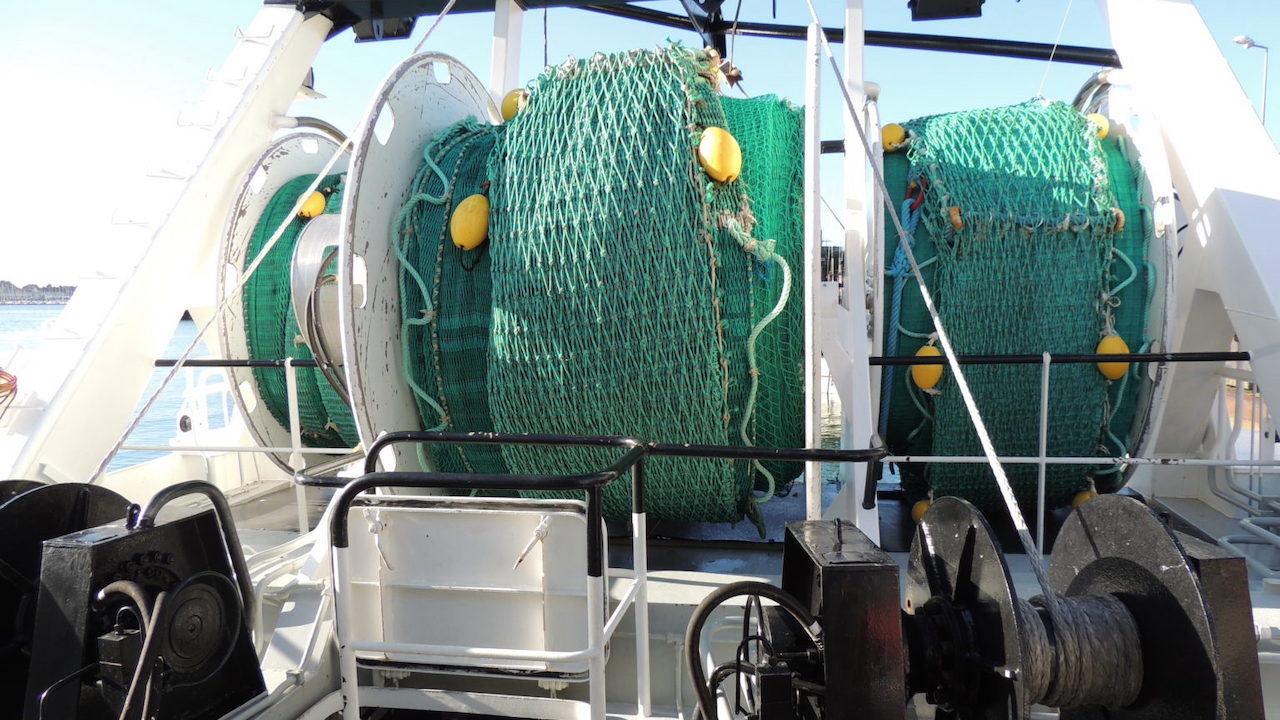
Naoned was built in 1999 by Piriou, a shipyard leader in constructing and repairing mid-size vessels. The 76-foot vessel, originally known as the Gloire a Marie III, was built for owners in Boulogne-sur Mer, but then sold in 2017 by Lorient company APAK and outfitted for seine netting as Naoned. APAK has since added newer vessels to its fleet. Naoned was selected for the HYBA project because it is the oldest and has the most available space on board to accommodate a battery pack.
Eric Guygniec, APAK’s owner, told Hook and Net Mag, “This transition is a major challenge. Whatever the advantage in fuel consumption, this will enable us to reduce our carbon footprints and make substantial savings. With an annual fuel consumption of 450,000 liters, a 10% reduction in consumption represents a savings of €45,000 (about $50,000).”
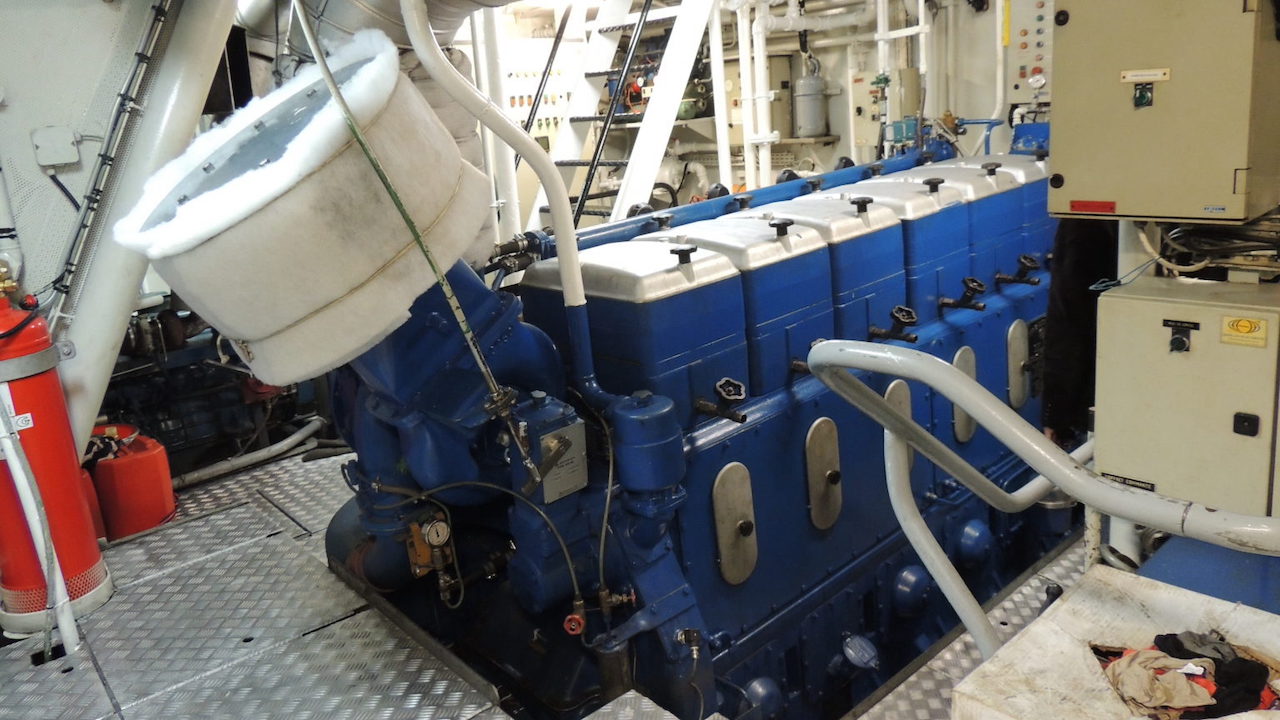
Guygniec hopes to see a reduction between ten to twenty percent as the battery pack and other technology impact the energy peaks and enable more economical operation as the hybrid propulsion with an IMO Tier III engine. He noted, “Although we focus on trawling, the versatility of this vessel allows us to measure a large number of parameters and collect a whole bunch of very precise information.”
Marinelec Technologies developed the analytical econometric technology, and the data will engage with other environmental, sea state, operational, and operating conditions factors. Ventura System will also bring decarbonization experience to the project. Sebastian Berthebaud, CEO and engineer with Vectura, told sources, “If we manage to create a real digital twin of the vessel in partnership with the research team at IMT Atlantique in Nantes, calibrated by machine-learning algorithms, we will be able to truly optimize the energy consumption of commercial vessels – we are talking here about 25-meter vessels for fishing, but also passenger vessels, tugs, and more.”
Though the HYBA project on the Naoned has been delayed due to the closure of the Bay of Biscay fishery, fishermen from Sete and Grau du Roi have taken the trip to Brittany to inspect the vessel. Berthebaud noted that this project opens the possibility for Mediterranean trawlers to implement hybrid technology into their day boat fishing vessels.




